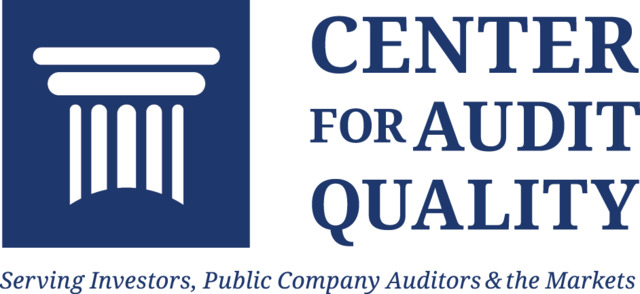Accounting
Public Companies Continue to Increase Audit Committee Disclosures in Proxy Statements
New data shows that public companies continue to increase the level of audit committee disclosures in proxy statements but lag behind in a few key areas, according to a report issued jointly by the Center for Audit Quality (CAQ) and Audit Analytics.
Oct. 12, 2020

New data shows that public companies continue to increase the level of audit committee disclosures in proxy statements but lag behind in a few key areas, according to a report issued jointly by the Center for Audit Quality (CAQ) and Audit Analytics. This report comes as investors increasingly seek information to evaluate a company’s management and the board of directors in a time of uncertainty caused by COVID-19.
Now in its seventh year, the data-rich 2020 Audit Committee Transparency Barometer found the biggest increase in audit committee disclosures came from cybersecurity. Disclosures related to the audit committee’s responsible for cybersecurity risk oversight increased nearly four-fold in five years, from 11% of S&P 500 companies in 2016 to 39% of S&P 500 companies in 2020.
Examples of new disclosures in the Barometer include Critical Audit Matters and COVID-19 – both new issues emerging since the CAQ released the 2019 Barometer. Several other areas of disclosure have reached robust levels in 2020, including a discussion of non-audit services (84% of S&P 500 companies) and a discussion of the criteria considered when evaluating the audit firm (51% of S&P 500 companies).
The Barometer tracks S&P Composite 1500 proxy disclosures to gauge transparency around audit committee oversight of the external auditor and other key audit-related topics. Proxy statements, which companies use to educate shareholders about important issues relevant to voting decisions, are an important way companies communicate with their investors.
“Transparency around audit committee oversight contributes to the orderly operations of capital markets,” said CAQ Executive Director Julie Bell Lindsay. “We urge public companies and their audit committees to accelerate the trend towards increasing transparency and provide an appropriate level of detail in audit committee disclosures to give investors additional confidence in the key oversight role these committees play in company-reported financial information.”
There are signs that some audit committee disclosure efforts are slowing based on year-over-year growth, and some disclosures even decreased. For example, the percentage of S&P 500 companies disclosing a statement that the audit committee is responsible for fee negotiations dropped slightly from 19% to 18%.
“Now in its seventh year, the Audit Committee Transparency Barometer is a unique resource for market stakeholders, providing trends in and examples of effective audit committee disclosure,” said Michael Nohrden, CEO of Audit Analytics. “We are pleased to continue to partner with the CAQ in developing the only report with such comprehensive data across the S&P 1500 related to audit committee transparency.”
The Barometer includes excerpts of proxy disclosures from United Airlines, Citigroup, Electronic Arts, Momenta Pharmaceuticals, Exelon Corporation, and others that reveal good examples of robust disclosures.
The Center for Audit Quality (CAQ) is a nonprofit organization dedicated to promoting high-quality performance by public company auditors; convening and collaborating with financial reporting stakeholders; and advocating for policies and standards that promote public company auditors’ objectivity, effectiveness, and responsiveness to dynamic market conditions. For more information, visit www.thecaq.org.
